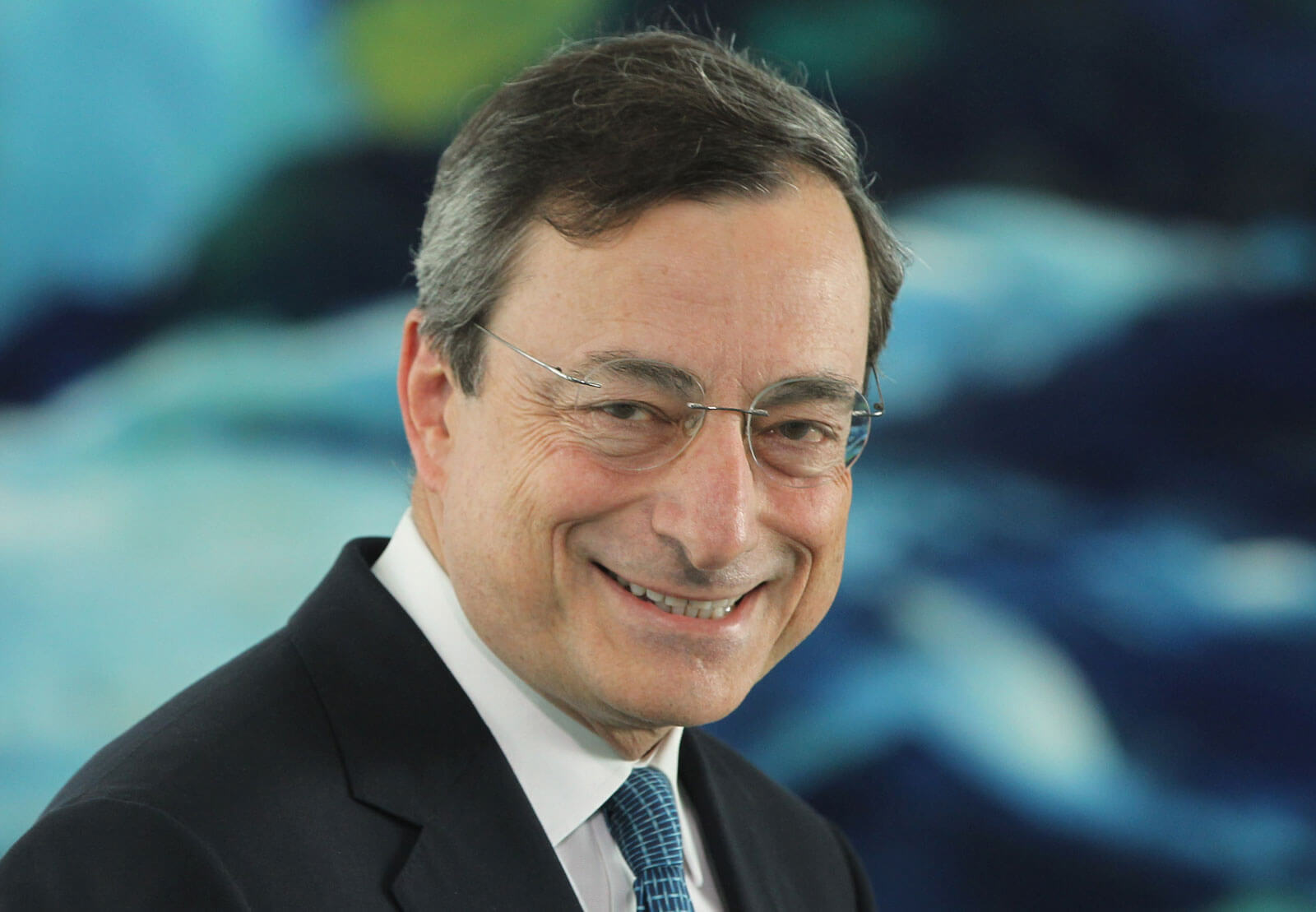Italy is gearing up for presidential elections in January. However, there’s plenty of uncertainty around potential candidates for the polls, as no one has officially declared their candidature.
The president is elected by the Italian Parliament and regional representatives who cast secret ballots for a seven-year mandate. Lawmakers can vote for anyone of their choosing, so long as they are Italian citizens aged 50 or above. Voting can be extended several rounds before a winner emerges.
The president’s role is mainly ceremonial, with powers to resolve political crises, dissolve the Parliament with the speakers’ consent of the two chambers, call early elections, and choose prime ministers and approve the leader’s cabinet. The president also signs all laws and decrees and can send legislation back to the Parliament. Additionally, the president serves as the commander-in-chief of the army and head of the judiciary’s governing body.
Italian Prime Minister (PM) Mario Draghi has been floated as the potential candidate to replace Sergio Mattarella, who will step down as the President of Italy on February 3. Draghi has not officially declared his interest in the role but hinted that he might be preparing for the position. Last week, when questioned about his future, Draghi said, “My personal destiny is of no importance. I have no particular ambitions. I am, if you like, a grandfather in the service of the institutions.” He added, “We have created the conditions for the work to continue, regardless of who is there.”
Italy's Draghi makes clear that he would be happy to become president, despite fears a job-switch might trigger early elections and revive political instability. "I am, if you like, a grandfather in the service of the institutions.” https://t.co/ehm0pFaUbS
— Crispian Balmer (@crispiandjb) December 22, 2021
Meanwhile, according to Italian media, former PM and leader of Forza Italia Silvio Berlusconi is the only person explicitly pursuing the role. Concerning Berlusconi’s candidature, Wolfango Piccoli, the co-president of London-based research company Teneo, said, “It’s extremely unlikely that he’ll get elected, but we shouldn’t rule it out. If there is one person who has unparalleled vote-buying skills, it’s Berlusconi.”
Other potential candidates include Justice Minister Marta Cartabia, former PM Romano Prodi, former PM and European Commissioner for Economy Paolo Gentiloni, and Berlusconi’s long-time adviser Gianni Letta.
Piccoli believes the timing of the election is delicate and is likely to have an as-yet unclear economic impact. Draghi is considered a safe option for the position, but his government would be dissolved if he’s elected, bringing general elections forward by a year. In fact, Draghi has said that the broad coalition must remain intact until the natural end of the parliamentary term in 2023. “It is essential for the legislature to continue until its natural end to continue the action of fighting the pandemic, boosting growth and implementing the EU fund,” he noted, providing a hint that he may not run for president.
If early general elections are held, opinion polls indicate that a far-right coalition comprised of the League, Brothers of Italy, and Forza Italia could come to power. Moreover, Draghi’s promotion would undermine efforts to enact reforms to secure payments from the European Union’s (EU) post-pandemic recovery fund. Italy is set to receive nearly $226.56 billion in conditional grants and cheap loans from the Next Generation EU fund.
While Draghi remains a natural choice for many Italians, several party leaders have urged him to stay the head of the coalition to steer the economy out of the pandemic. Voting for the elections is expected to begin in the third week of January.

